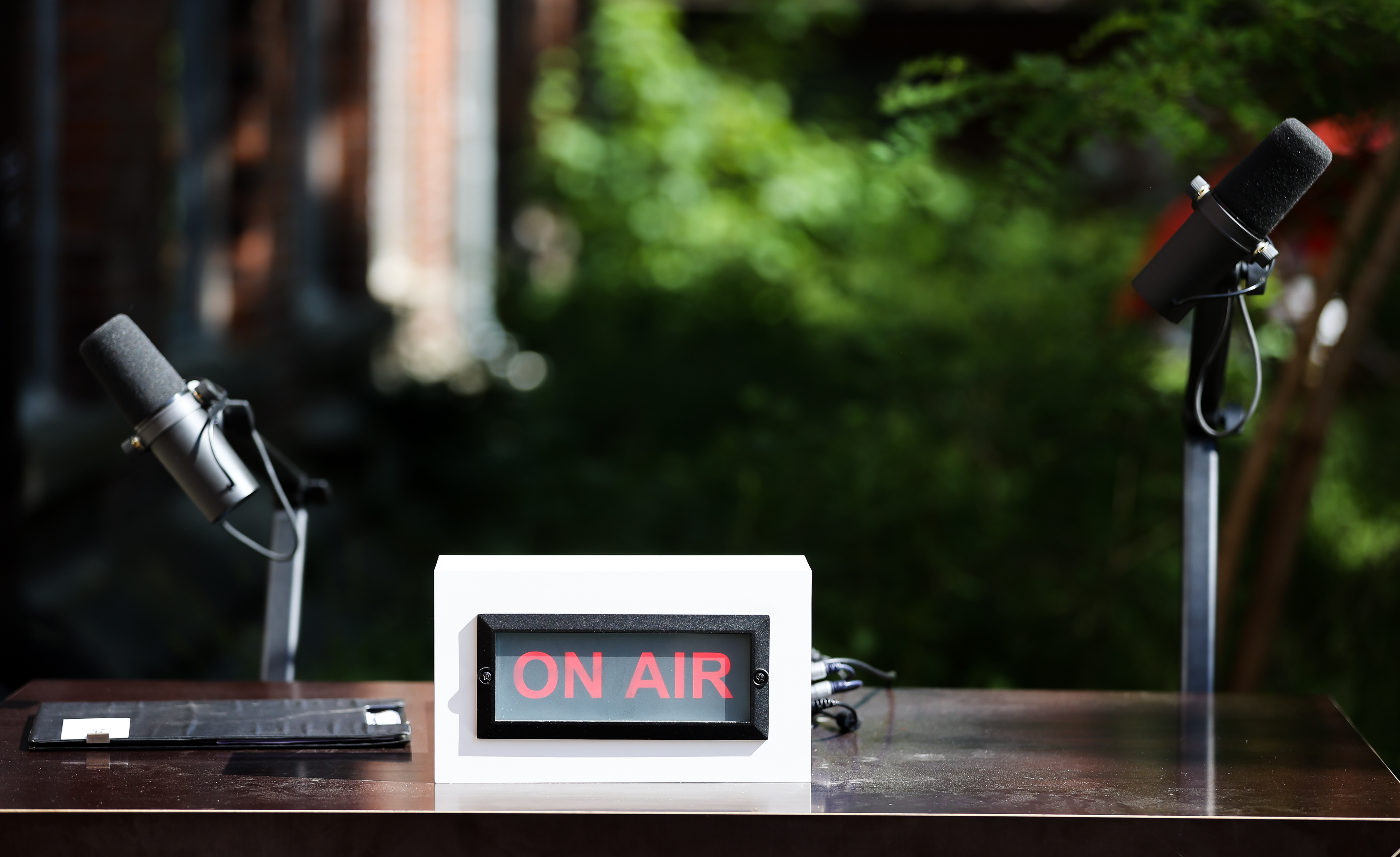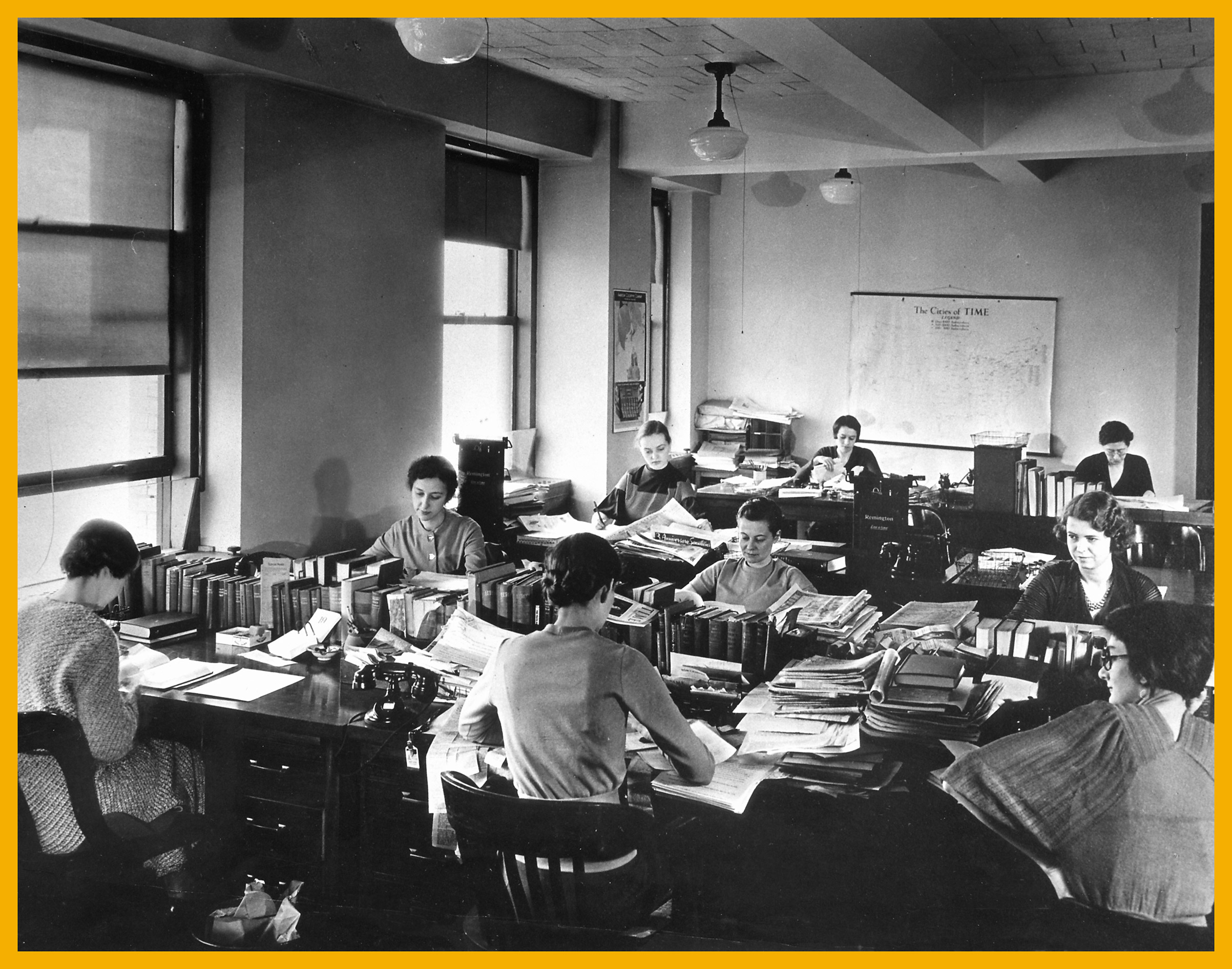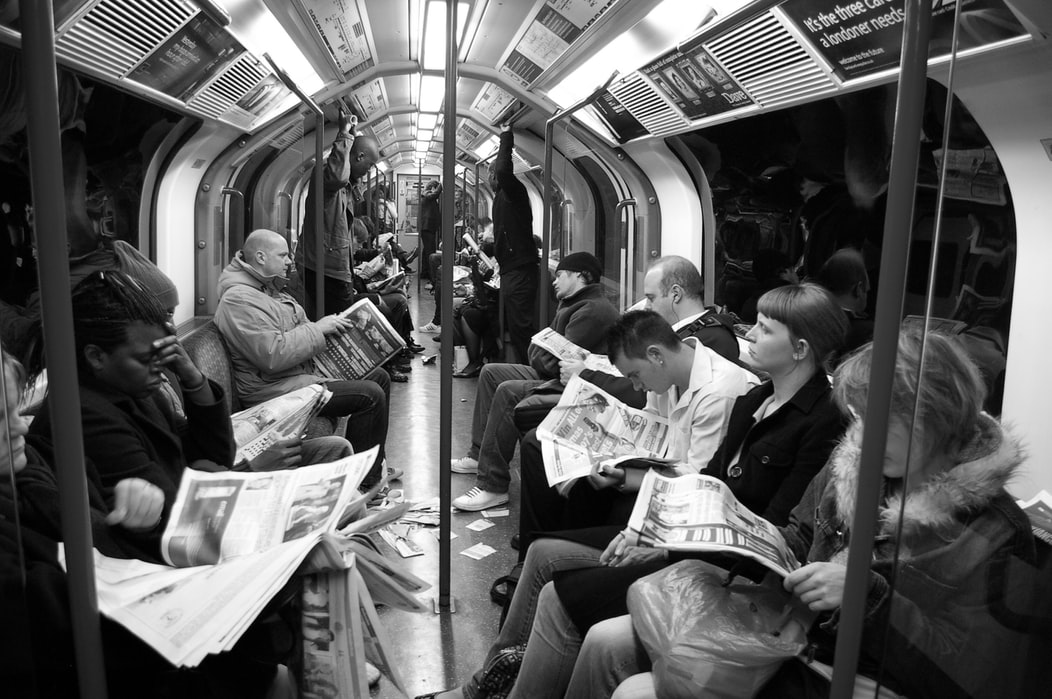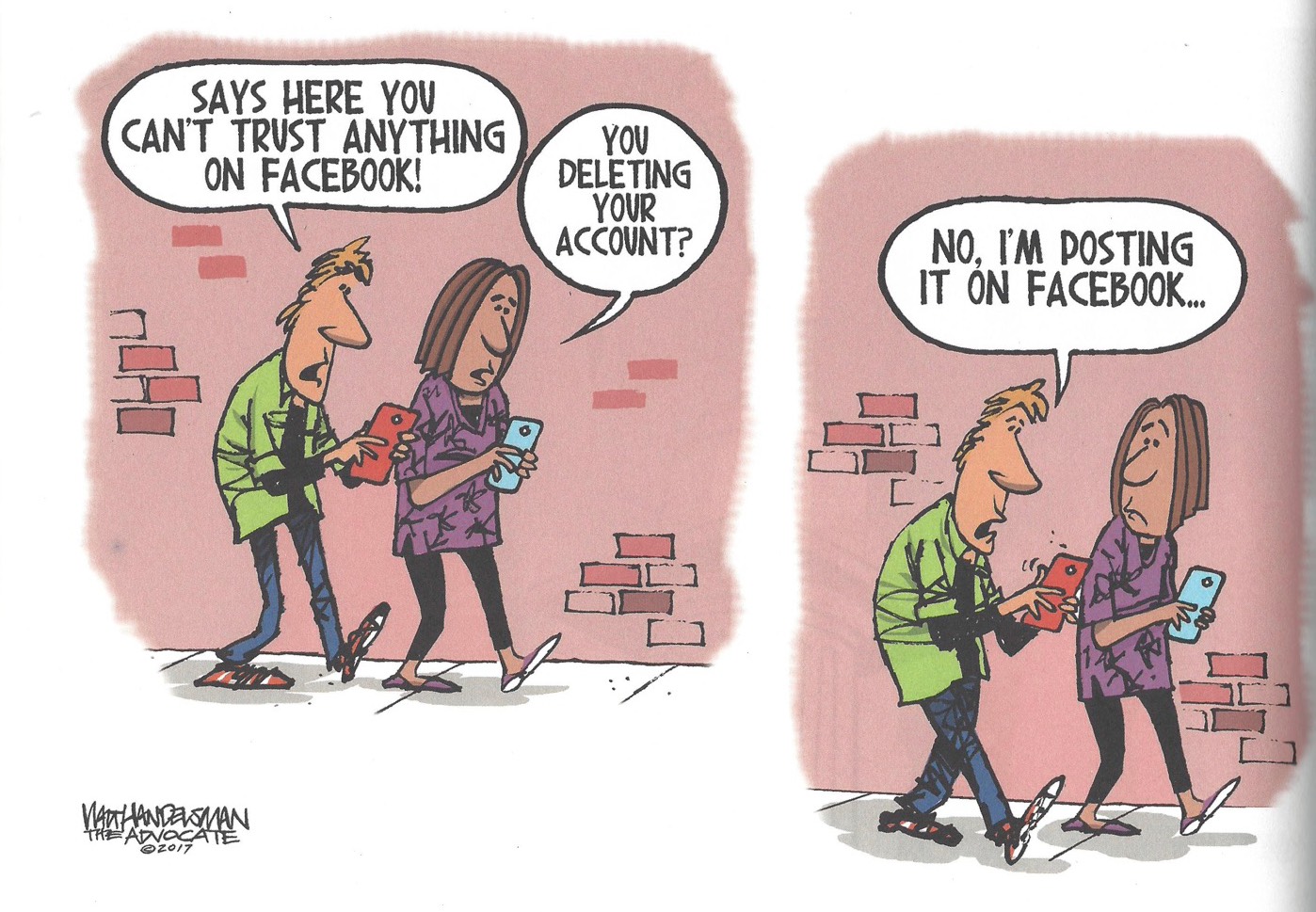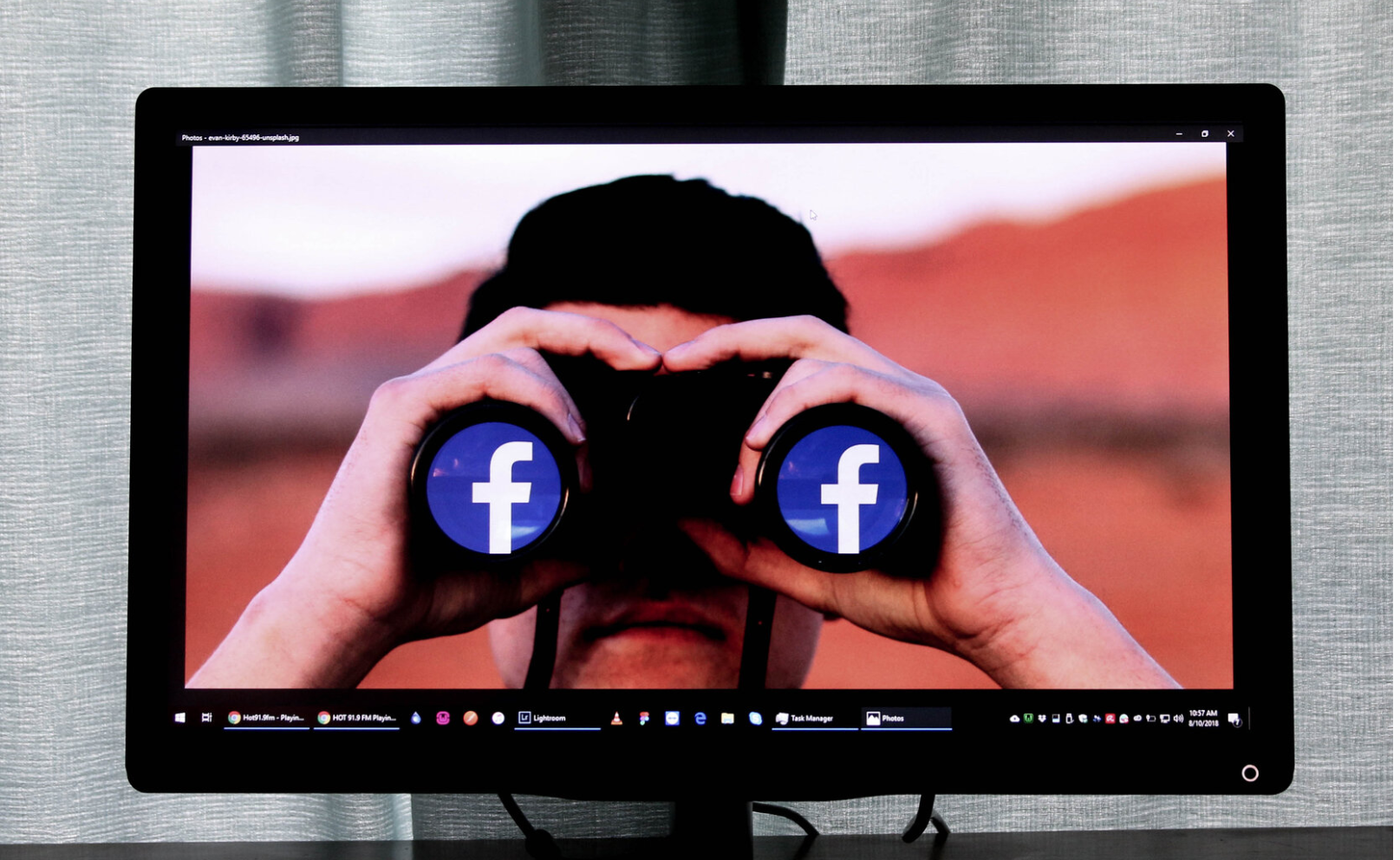Facts and Fact Checking
Fact checks and fact checkers can still display media bias. Here are six ways fact checkers are biased, plus AllSides Media Bias Ratings™ for top fact checkers.
In the face of this "infodemic," AllSides curates a balanced newsfeed of the latest fact checks from across the political spectrum, offers balanced facts on hundreds of topics and issues, and provides the AllSides Fact Check Bias Chart™, which reveals the bias of prominent fact checkers, such as Snopes, Politifact, FactCheck.org and more.
Spotted something you think is biased, misleading, or just plain false? You can submit a claim to AllSides, our team will investigate, and we’ll get back to you with a personalized response.
Read more about why AllSides has a section dedicated specifically to facts and fact checking.
Headline Roundups
Fact Checking the Fourth 2024 GOP Presidential Primary Debate
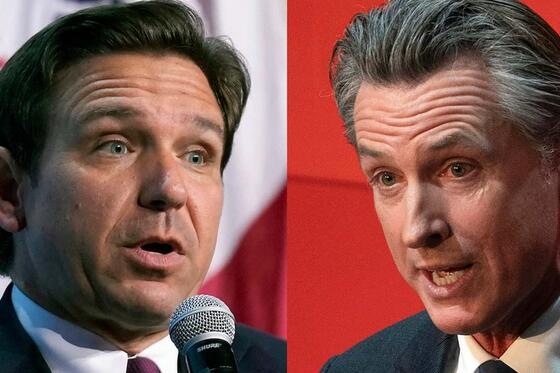
AP
Fact-Checking the Ron DeSantis-Gavin Newsom Debate

Social media via BBC
Did News Agencies Use Photos From Pro-Hamas Journalists in Coverage of Israel Attacks?
Featured Topics
Blog Posts
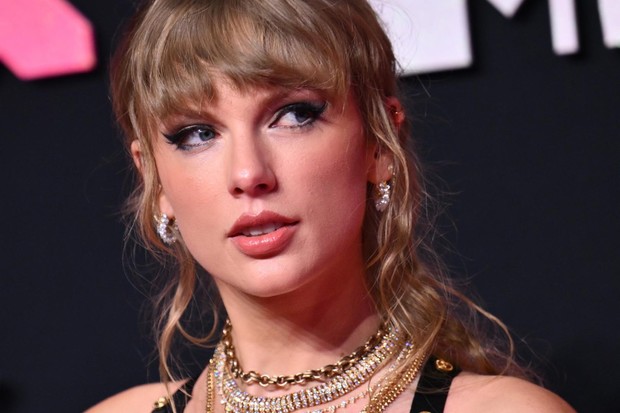
Fact Check
This Week in Fact Checking: Taylor Swift’s Political Views, DeSantis’ Fracking Stance, Philadelphia Murder
Andy Gorel
2023-10-06T09:16:44-07:00
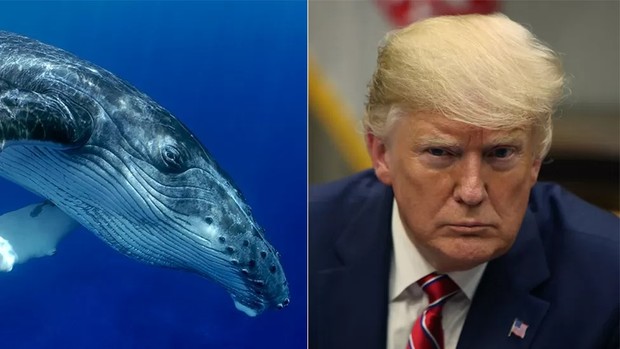
Fact Check
This Week in Fact Checking: Biden’s Mass Shooting Claim, Offshore Wind and Whale Deaths, Fetterman Body Double
Andy Gorel
2023-09-28T04:21:51-07:00
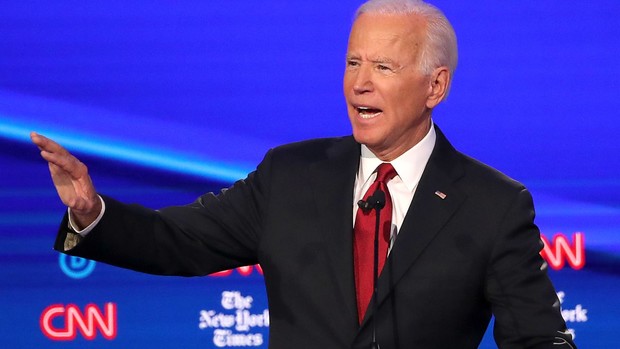
Fact Check
This Week in Fact Checking: Mainstream Media and Joe Biden, Congress’ ‘Probe’ Into Elon Musk, Biden’s Job Numbers
Andy Gorel
2023-09-21T04:47:04-07:00
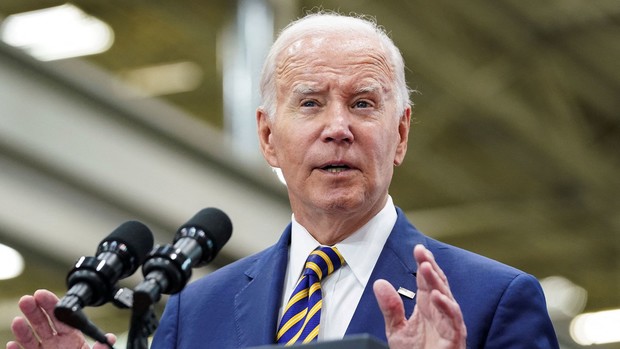
Fact Check
This Week in Fact Checking: Biden’s Anecdotes, Bias of Fact Checkers, Klaus Schwab’s Family Tree
Andy Gorel
2023-09-08T00:54:22-07:00
Background
Red-Blue Translator Terms
-
Inequality - Inequity
Unequal distribution of resources has become a central point of focus for many progressives - sometimes even considered the problem facing society. Compared to inequality and its reference to unequal rights or wages, inequity is related to legal or social fairness given the circumstances.
Although conservatives do sometimes push back against the increasing emphasis given to these terms, they would insist the disagreements relate to details of approaches, rather than an issue of who is caring or compassionate (or not). From a conservative perspective, they care equally about unequal resources, but with a different perspective on the ideal pathway to remedy the inequities. For instance, conservatives are frequently more concerned with equal opportunity rather than equal results. But there are some shared concerns.
Many free market libertarians, conservatives, and progressives agree that inequality due to crony capitalism is egregiously immoral and should be addressed. Thus there are many on both the right and the left who are angry about the big bank bailouts in 2008. But those on the right tend more often to distinguish wealth inequality based on real value creation, such as an entrepreneur who creates a valuable product, vs. wealth inequality based on crony capitalism. Insofar as both Occupy Wall Street and the Tea Party arose in response to government bailouts of big banks while ordinary Americans suffered, there is considerably more opportunity for transpartisan cooperation than is usually realized.
There are also many right-leaning policy wonks and community leaders who are more concerned with quality of life than inequality per se. Thus conservative church groups in inner city America may find the epidemic of fatherlessness, failing public schools, and mass incarceration to be a more important focus than inequality as a mathematical abstraction. For instance, if welfare payments double, triple, or quintuple but most young men grow up without a father and end up in the penal system, it is hard to see how increased welfare payments have addressed the real issue.
QUESTIONS TO PLAY WITH:
- What do you believe are the primary causes of unequal resources?
- Do people across the political spectrum care about unequal resources - or is compassion on this point reserved to one particular political group?
- Does it matter how we go about trying to remedy unequal resources? If so, what are the differences in approaches that matter most?
-
Class Warfare
Conservatives use this term to describe what they see as a very harmful liberal attitude based on incorrect beliefs and leading to harmful public policies. The key belief is the claim that income and wealth inequality is the root cause of most problems. In fact, say conservatives, huge problems have been created by liberals who believe this (who wage class warfare), including societal breakdown, economic stagnation, loss of American prestige and power on the world stage, and the concomitant failure to take badly needed pro-capitalist and pro-liberty steps to restore America’s greatness and prosperity and constitutional freedoms. From this point of view, “class warfare” is seen, specifically, to be those actions taken by the poor or the working class, and/or their allies among the economic and political elite, to forcibly redistribute wealth in favor of the “have-nots” (and against the interests of the “middle” class majority and the enlightened self-interest even of the poor and lower-income working classes)--thus impoverishing the nation as a whole, stifling economic growth and opportunity, and endangering everyone’s political and economic freedoms.
Many on the right also see in “class warfare” a conscious political strategy on the part of national and global elites to consolidate and extend their power by increasing the power of government (which these elites are seen to largely control) through socialist programs (welfare, progressive taxation, empowerment of unions) ostensibly designed to further the interests of the poor, working, and middle classes, but which in reality are designed to make the population dependent upon the government and to favor certain Big Business and international interests (“socialist” in this view being defined as “elite control of government and the economy”).
From the point of view of many liberals and socialist leftists, “class warfare” is a description of the actions (regressive taxation schemes, slashing of social welfare programs, inflated military budgets, IMF-imposed austerity programs) taken by economic and political elites (the capitalist class, or “the 1%”, and their cronies in the government) to consolidate and expand their power (and wealth) at the expense of the working class majority.
In can be seen, then, that both right and left see in “class warfare” an attack upon the majority of citizens (most often designated as “the middle class”, though sometimes as “the working class”) by political and economic elites, with the liberals tending to see this attack as coming primarily from the capitalist class (Big Business) and their cronies in government, and the conservatives tending to see this attack as coming primarily from the political class (Big Government) in the service of some of their Big Business cronies. While placing different emphases on which side of crony capitalism to lay the most blame (on Big Business or on Big Government) both sides largely share a common opposition to crony capitalism itself, defined usually as the collusion between Big Business and Big Government.
QUESTIONS TO PLAY WITH:
-Do you have any concerns about class warfare happening in America?
-If you have concerns, what are your greatest fears in this regard?

